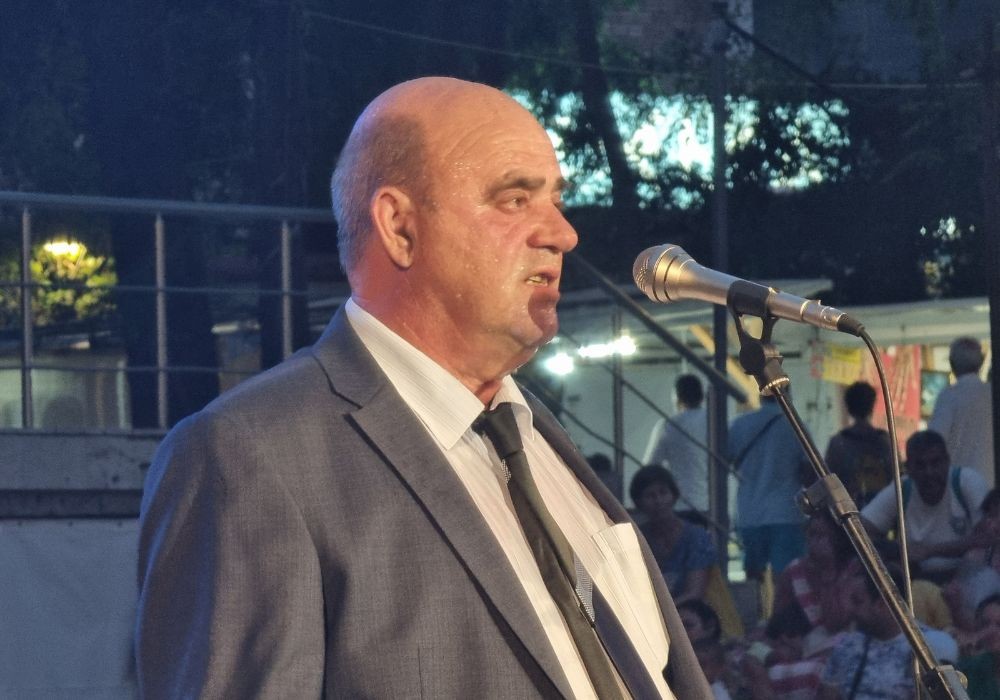Archaeologists have explored a necropolis in the Kavatsi area near Sozopol. The perimeter in which it is located is part of the history of Apollonia Pontica and is dated to the 4th century BC. "This is a site with interesting burials in which a nuance of Thracian religious ritual is found. We discovered the first ritually buried horse in the Apollonia necropolis and the first tomb inscription with Thracian names. Of course, all the details of the cult of the dead are also present", Sozopol Archaeological Museum’s director Dimitar Nedev told BNR-Burgas.
 He also announced that the archaeological works near the old town of Sozopol have been completed. The Roman level reached by the archaeologists has uncovered necropolises and remarkable artifacts, such as a funerary stele depicting a dancing man with a dog, likely representing a noble resident of Apollonia. Other finds include lead sling weights, bronze arrows and 22 silver scyphate coins. Among the discoveries are also valuable painted ceramic vessels, which were expensive and luxurious for their time.
He also announced that the archaeological works near the old town of Sozopol have been completed. The Roman level reached by the archaeologists has uncovered necropolises and remarkable artifacts, such as a funerary stele depicting a dancing man with a dog, likely representing a noble resident of Apollonia. Other finds include lead sling weights, bronze arrows and 22 silver scyphate coins. Among the discoveries are also valuable painted ceramic vessels, which were expensive and luxurious for their time.
Scientists are adamant that wealthy and prominent individuals lived in Apollonia Pontica, as similar artifacts have been uncovered in the other 60 graves from the 4th century BC near the Kavatsi area. An anthropological analysis of the remains is yet to be conducted, which will provide more information about their history.
Photos: BGNES: BTAIn the world of the Thracians, who had no written language, the most important messages were conveyed through art. The Letnitsa Treasure is precisely such a message — about power, beliefs, and the path to wisdom . This unique discovery, dated between..
On November 21, the day of the Presentation of Virgin Mary (or the Entry of the most Holy Theotokos into the Temple), the Orthodox Bulgarians also celebrate the Day of the Christian Family and the Learning Youth. The holiday was established by the..
During a visit by the Radio Bulgaria team to the Bulgarian Orthodox Parish "Nativity of the Mother of God" in Geneva, we had the pleasure of meeting Ventseslav Sabev, the son of long-time church history professor at the Sofia Theological Seminary,..

+359 2 9336 661
